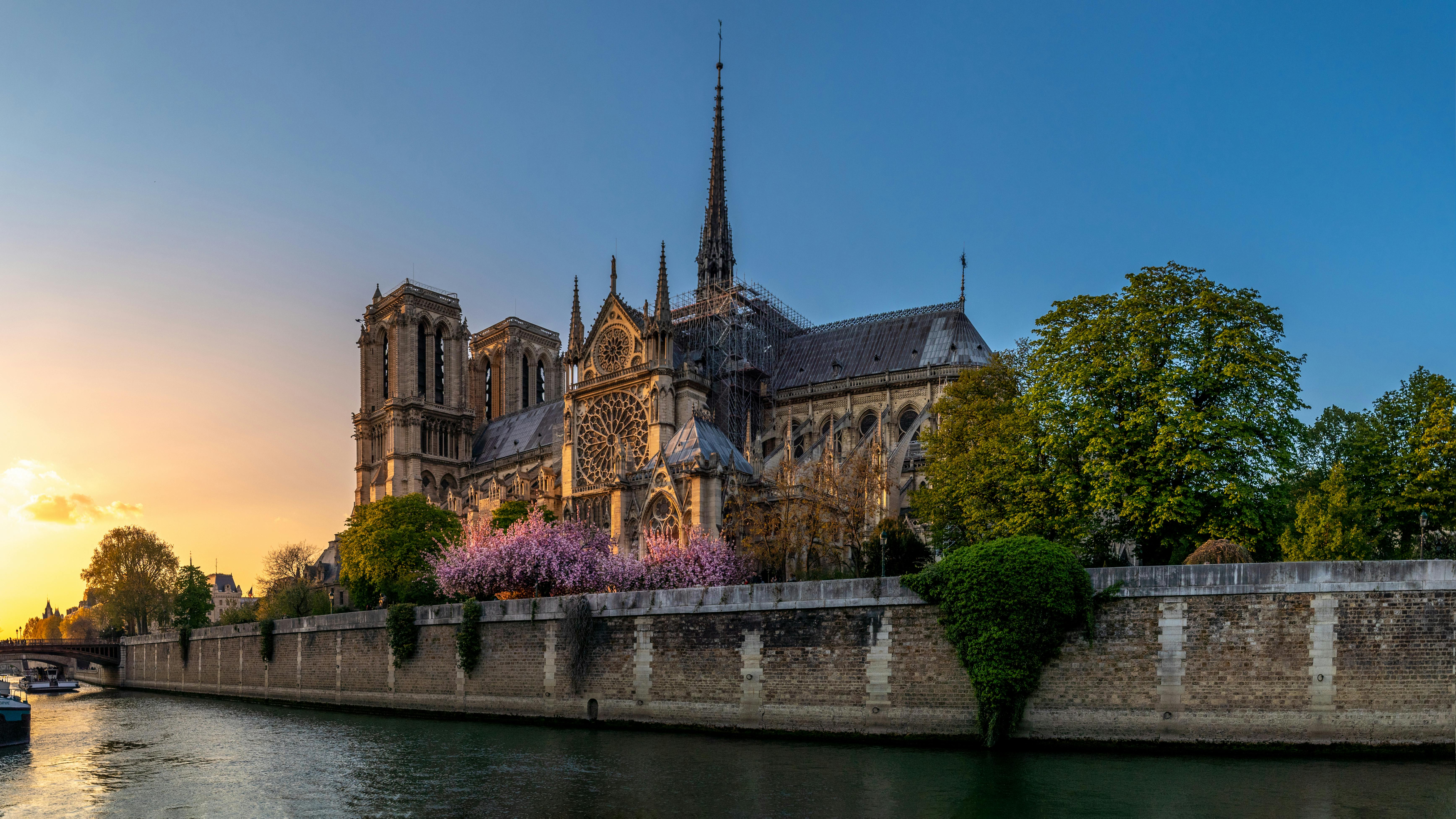Humans are frenetic islands of consciousness, possessing both good and bad characteristics. If we wish to contemplate reality, then we must accept that our good features are balanced by flaws, failings, and limitations. Conversely, the malevolent side of our nature also possesses some beneficial qualities. It is this balance of the good and bad sides of our personality that we must understand. But we must dig deeper to truly understand the complex basis of our behavior. You have to go back to when you created the values.
There is much more to our personality than the ever-present battlefield of good versus evil. We are neither one nor the other, but a combination of both. We are attractive and hideous, comforting and hideous, evil and compassionate; we can love and we can hate. Human beings are complex creatures governed by principles, moral beliefs and concepts of truth. We are governed by the ideas of probity, integrity and honor. However, how can we know that our beliefs are virtuous? If we were raised by criminals, would cruelty become a virtue? How can we be sure that we are a good person?
Determined by genetic predisposition and acquired emotions, our personality is formed at an early age. By the time we reach adolescence, our complex personality has fully formed. It will never change, barring a very significant life event. We learn to act in ways that imitate our parents and close relatives. Their beliefs become the foundation of our morality, our interactions, and ultimately our happiness. Morality can also be powerfully influenced by external forces. For example, many Europeans accepted Hitler’s propaganda and believed that the Jews were evil. Therefore, our concept of ethical morality can be twisted to achieve dark goals.
In addition to morality, our personality is influenced by powerful emotions that stir within our consciousness. Emotions alter our relationships and inspire or impede virtuous behavior. No emotion pushes us to behave more forcefully than guilt. No love. no angel Our minds are aggressively triggered by the contemplation of our guilt and this remorse becomes a primary motivator in decision making. The surprising thing about this reality is that we do not recognize it. We can ignore guilt or learn from it, but we can never escape it. Even the most innocent of us are burdened with thoughts of guilt and penance. When we focus on these forces of compunction, our behavioral balance tilts toward sadness and anger. We get depressed, paralyzed and tormented.
Human beings face treacherous forces throughout life. We are sometimes victims of pretense and cruelty. We are shocked by the loss of a career, a home, or a loved one. Our lives are precarious and the only thing we can count on is change. However, in the midst of despair, there is also love, desire and hope. Even in desperate misery, there is the potential for faith and compassion; things that humans crave. This is our spiritual being. He protects us from despair, offering comfort and direction. Those of us who find a way to balance the roller coaster of emotions and who have a solid concept of morality are the happiest. Of course, this spiritual balance is easier said than done.
Life is tragic, exciting, wonderful and terrifying all at the same time. However, our journey through the passage of time allows us to act in ways that benefit others. All of us have the ability to act in ways that benefit others. We can be honest, empathetic and loving people. This can be our goal. Compassion and empathy are the most valued characteristics of humanity; including all societies and religions. We can teach the importance of empathy and tolerance to our children. While that might not be our destiny, it is well within our ability to achieve it.
Making decisions is the only true freedom any of us have. The consequences of our decisions frame our character and form our legacy. We can reason and act wisely and virtuously. But first we must challenge the authenticity of our acquired morality. We must do what so many Europeans failed to do during the Holocaust. It has always been easier to fear and hate than to value and tolerate. We must reflect on the incoming propaganda and determine if it really reflects cherished concepts of human compassion and empathy. This is not a purpose, but a gift that only humans possess.
Happiness has a lot to do with our principles and morality. We have the ability to grow beyond our self-centered ego. As children, we desire what makes us feel good. As adults, we can realize that virtue is derived from compassion. Realization results from the knowledge that we have improved the world in some way; that we made someone’s life better. The fact that we only get one chance in life makes every moment, every interaction, critically valuable. Time is the fire in which we burn. We only get one chance to act wisely with each fleeting moment. Compassionate behavior is superior to regret. Selflessness defeats selfishness. Tolerance overcomes hate and fear.
Our actions resonate through eternity with those who remember us. Happiness results from our inner balance between emotions and values. But the search for satisfaction does not lie only in maintaining an inner balance, but in acting righteously. The more we love others, the more we will be loved in return. The more virtuous we are, the greater our importance to society and the planet. Contentment is a gift that each of us can control. It is achieved, paradoxically, by making others happy. Each of us has this capacity. It is always within reach. We do this by understanding why we behave and how we can change our actions to improve the lives of others. In this sense, happiness is a self-fulfilling prophecy.



